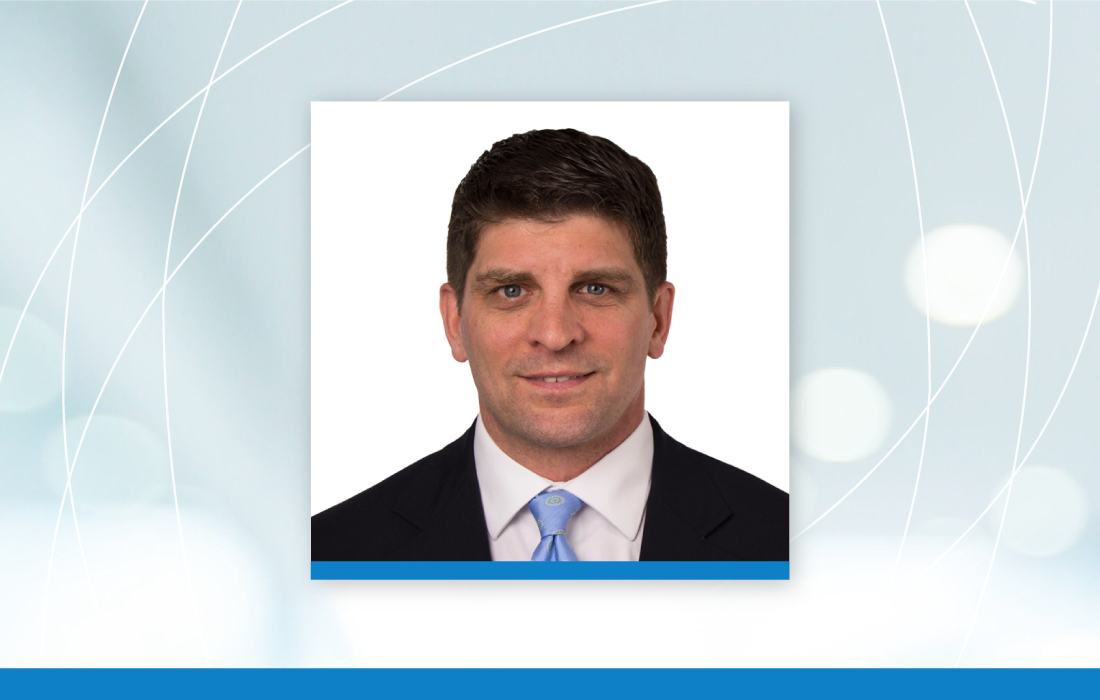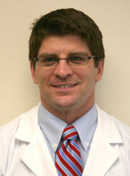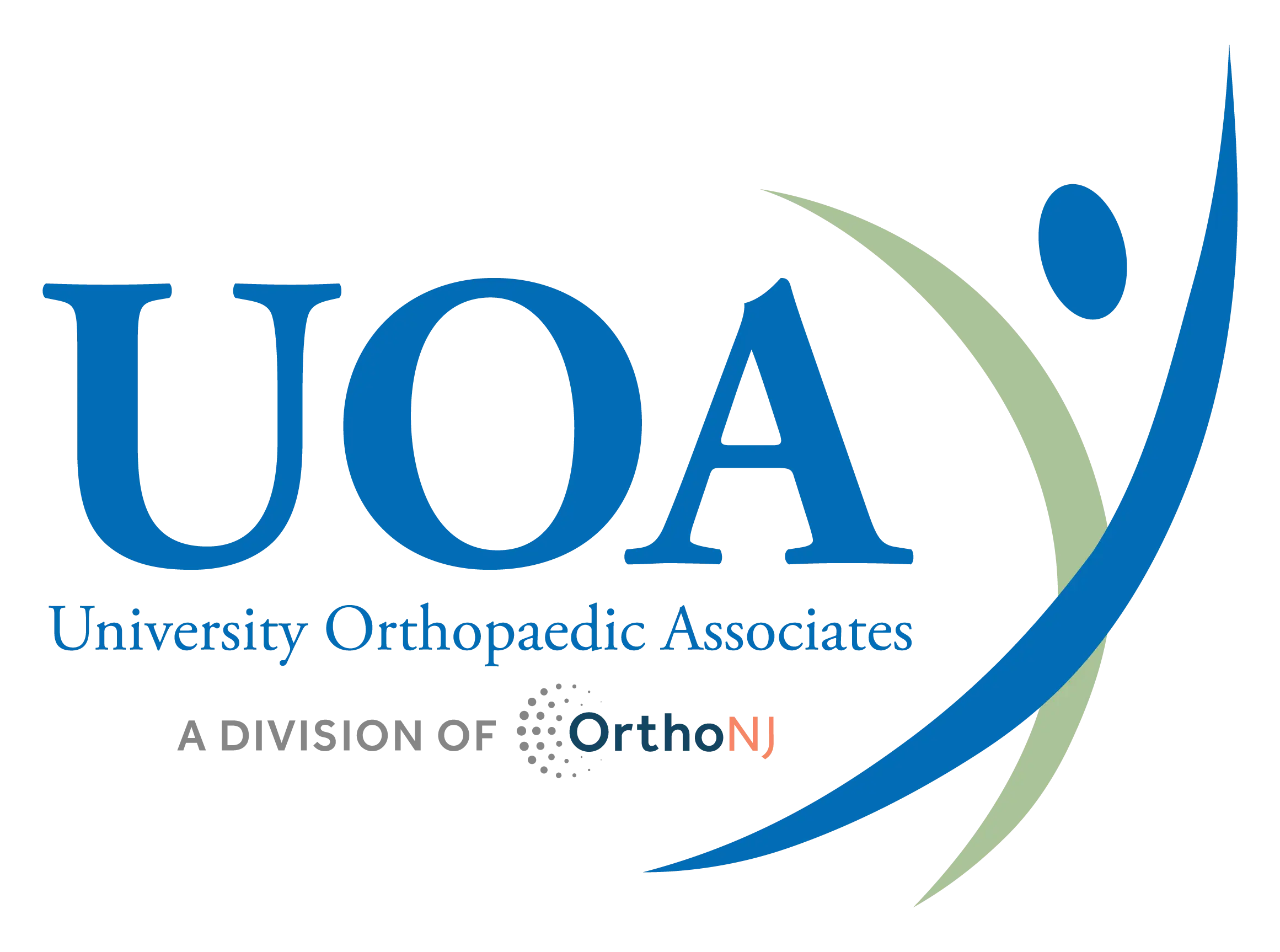Q&A with Kenneth G. Swan Jr, MD – Sports Medicine & Shoulder Surgery

 What do you bring to UOA?
What do you bring to UOA?
I am an experienced, compassionate doctor and surgeon who is highly regarded by the residency programs in which I teach. Also, I hope to bring a new level of energy and enthusiasm to the Sports Medicine practice in Wall Township (the UOA office in which I will work).
I intend to give my current patients more exposure to a wide variety of surgical subspecialists through UOA I otherwise would not have been able to help them with.
Being at UOA also allows me to focus my practice more on competitive and recreational athletes with ailments of the shoulder, knee, elbow and ankle.
Among your many credentials, you have a Nutritional Sciences degree. How do you feel UOA’s Sports Performance and generally health and wellness fit into your practice?
The UOA programs tie together with my background in nutrition. I try to be on the cutting-edge of supplement and diet related treatments for various conditions. I stay in tune with some of the popular supplement trends and the science behind them. A few have stuck around, while many of them come and go. I pay close attention to the connection between osteoporosis, diet and dietary supplements. I consider this to be a big part of Sports Medicine for the 50 to 60 year-old athlete population, and orthopaedic patients in general.
How did you get into sports medicine?
I was a three-sport athlete in high school and I played college sports. My love of sports and athletics and my own injuries got me interested in sports medicine. One of the joys I experience now is seeing athletes get back on the field and compete at a high level after they’ve been surgically restored to normal. It’s a very rewarding experience.
What’s new in sports medicine?
There are efforts in finding new ways to restore diseased or injured cartilage; such as stem cell treatments and newer surgical technology such as cartilage transplant surgery. These techniques continue to evolve and seem to be getting better and better. In addition, our understanding of how to reconstruct ligament injuries, such as the ACL, has changed. This injury has gone from a career threatening injury to one where the athletes can likely return to play the following season. But there is still room for improvement, and newer surgical techniques are aiming to maximize our outcomes.
What is your philosophy of care?
First and foremost, to listen to the patient. Before any physical exam, test or x-ray, I listen to the patient to determine what happened, how the person was injured, when it occured, what are the circumstances, how long it’s been going on, how frequently and when it bothers him or her. I really spend the majority of time going through the story of the injury. People like to tell their stories; they like to be heard. If you don’t hear them out, they don’t feel they have given you all the information. If you listen closely enough you will probably get the answer to the diagnosis just by listening. My philosophy is to listen to the patient as long as he or she needs you to, and to tailor my exam and treatment plan to each individual.

